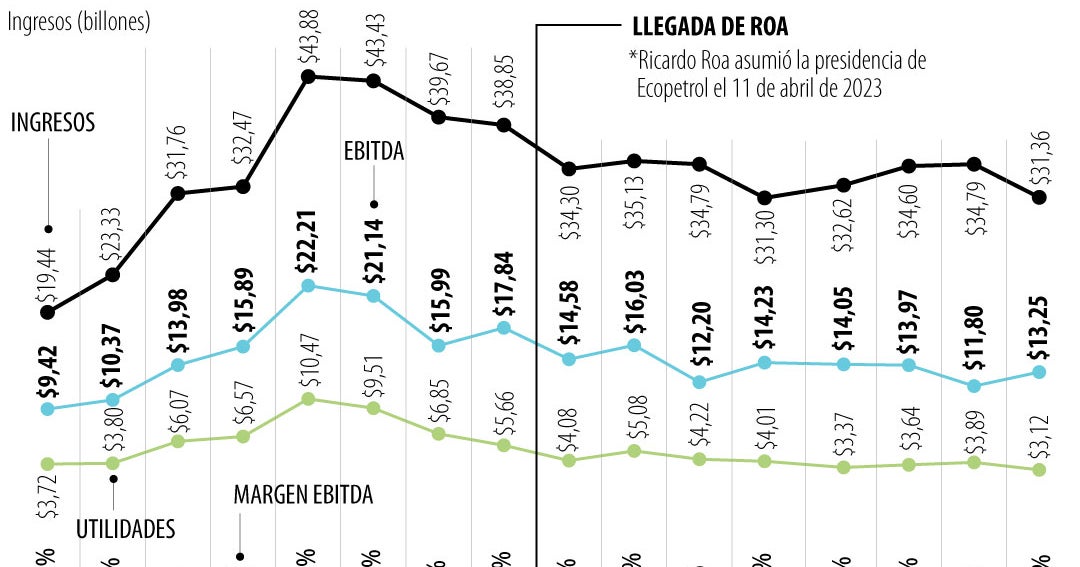California Cities Face Budget Shortfall: $29 Million in OGP Funds Offer Temporary Relief
California cities are grappling with a looming budget crisis, as demands for services outstrip available funding. The Governor's Office of Planning and Budget (OPG) has allocated $385 million in funds for the upcoming budget cycle, a figure several mayors argue falls short of the $415 million needed to adequately serve their communities. This shortfall threatens essential services and could lead to difficult decisions regarding staffing and programs.
The situation stems from a complex interplay of factors. Rising inflation has driven up the cost of everything from fuel and materials to employee salaries. Simultaneously, many cities are experiencing increased demand for services, particularly in areas like public safety, homelessness support, and infrastructure maintenance. These combined pressures are squeezing municipal budgets, leaving local governments struggling to balance their books.
A Lifeline, But Not a Solution
The $29 million in OGP funds represents a crucial lifeline for many California cities. These funds can be used to bridge the gap between projected revenues and expenses, allowing municipalities to avoid drastic cuts to essential services. However, mayors emphasize that this is a temporary fix. The underlying budgetary challenges remain, and a more sustainable solution is needed to ensure the long-term financial health of California's cities.
“While we appreciate the OGP's efforts to provide additional funding, $29 million is simply not enough to address the scale of the problem,” stated Mayor Emily Carter of San Diego. “We need a comprehensive approach that considers the rising costs of providing services and the growing needs of our communities.”
The Need for Increased State Support
Many city officials are calling on the state legislature to increase funding for local governments in the upcoming budget. They argue that a stronger partnership between the state and its cities is essential to ensure that communities can thrive. Potential solutions include increasing state funding for specific programs, providing technical assistance to help cities manage their budgets, and reforming the state's revenue sharing system.
The current budgetary constraints are not just a problem for city governments; they also impact residents. Cuts to essential services can have a ripple effect throughout the community, affecting everything from public safety and education to affordable housing and economic development. Addressing this crisis requires a collaborative effort from all stakeholders, including state lawmakers, local officials, and community members.
Looking Ahead
The coming months will be critical as lawmakers debate the state budget and determine the level of support for local governments. The decisions made now will have a profound impact on the future of California's cities and the quality of life for its residents. The $29 million in OGP funds offer a temporary reprieve, but a long-term solution is urgently needed to ensure the financial stability of California’s municipalities and the continued provision of vital public services.





